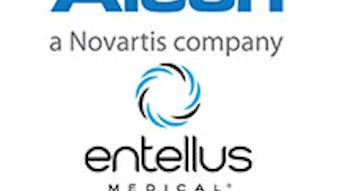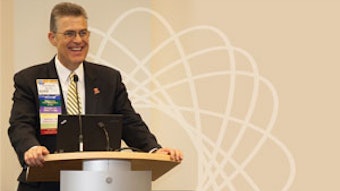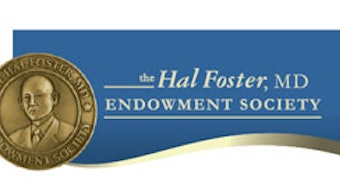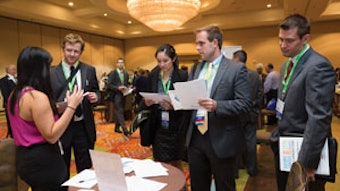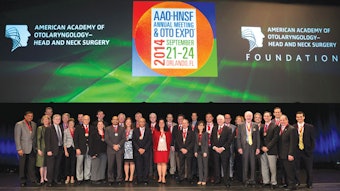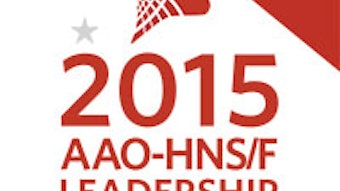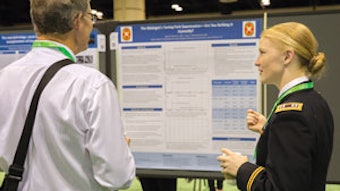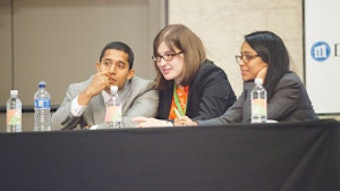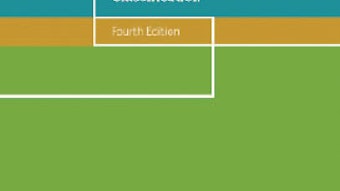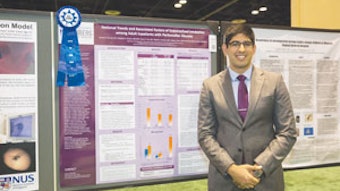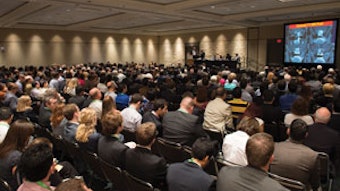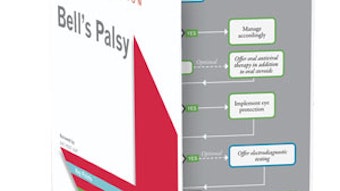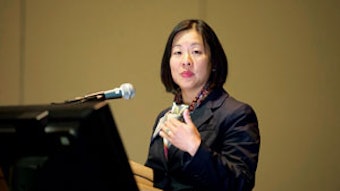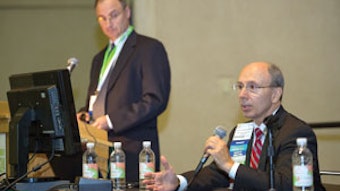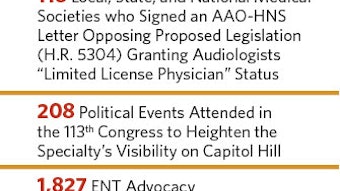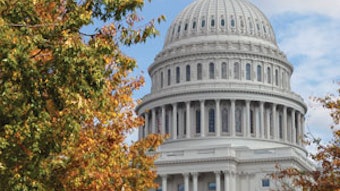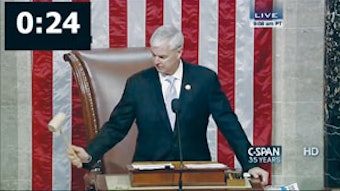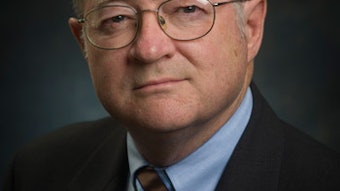2014 Annual Report: Academy Advocates and CMS Clarifies Hearing Aid Exclusion in Final DMEPOS Rule
In July 2014, the Centers for Medicare & Medicaid Services (CMS) published a proposed rule focusing on the 2015 Durable Medical Equipment Prosthetics Orthotics and Supplies (DMEPOS) fee schedule.
Background
In July 2014, the Centers for Medicare & Medicaid Services (CMS) published a proposed rule focusing on the 2015 Durable Medical Equipment Prosthetics Orthotics and Supplies (DMEPOS) fee schedule. This unexpected development included a proposed policy change to clarify the definition of a hearing aid and specified that the Medicare reimbursement exclusion for hearing aids would encompass all types of air conduction and bone conduction auditory prosthetics (external, internal, or implanted). If finalized, the proposed rule essentially would have negated CMS’current coverage of osseointegrated implants.
Advocacy Efforts—Focus on the Patient First
In response, Academy leadership and health policy staff advocated on multiple levels and engaged a range of stakeholders including the Physician Payment Policy (3P) Work Group; our Hearing and Implantable Hearing Devices Committees; American Neurotology Society (ANS) and American Otological Society (AOS); audiology and public interest groups; and with CMS staff at multiple levels. We had lengthy and repeated discussions with the CMS on the physiology of hearing, with the definition of “prosthesis”and the history of the hearing aid exclusion by Congress from 1965. All of these efforts were directed at raising awareness of the significant potential impact of this proposed rule and garnering support for our position, that this proposed change would negatively impact thousands of patients who have no other recourse to better hearing.
On September 2, 2014, the Academy, AOS, and ANS submitted a formal joint comment letter to CMS noting concerns and providing a suggested alternative that would allow for continued coverage of osseointegrated implants for Medicare patients. In follow-up to these comments, the Academy met with Patrick Conway, MD, deputy administrator for innovation and quality, and CMS’chief medical officer, and noted that our focus is on the patient and that, as otolaryngologists, we are stewards of the patient’s health and that the disagreement to the proposed change was based on patient needs and outcomes, not personal or professional gains, or concerns. We noted that while the comment letter was more focused on osseointegrated rather than non-osseintegrated bone conduction prostheses, there is a need for both. The focus on osseointegration does not mean that other types of prostheses should not be covered, just that they should be covered only when offered to patients with hearing loss due to medical/surgical conditions who cannot otherwise benefit from conventional hearing aids. The meeting went well with Dr. Conway asking David R. Nielsen, MD, many specific questions related to our comments.

Outcome
In the final rule, CMS revised its proposed position and the comments reflect that they will continue to include coverage of osseointegrated bone conduction implants. Even though there still is not universal coverage for every technological advance available to patients with hearing loss, the Final Rule also included specific language about keeping the door open for new technology and additional published literature on advances in hearing health, which is a direct result of our intervention. CMS released its final rule addressing the 2015 DMEPOS fee schedule on October 31, 2014.
While the specifics of this example are extremely valuable to us as otolaryngologists from both a patient care and a socioeconomic perspective, even more important is the professional relationship of trust and respect that was developed between these senior Medicare officials and the Academy.
